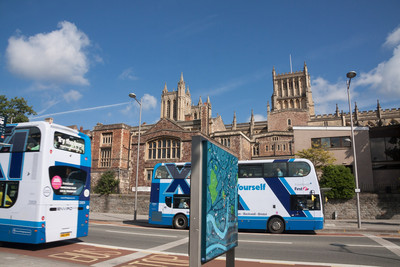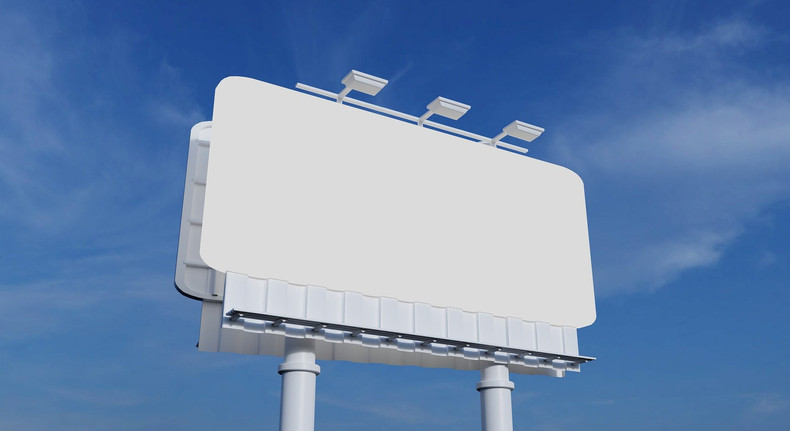 Councillors in Bristol have approved what is believed to be the first-ever ban on gambling adverts in the UK.
Councillors in Bristol have approved what is believed to be the first-ever ban on gambling adverts in the UK.
Betting firms in the city, the seventh largest in England, will no longer be able to buy advertising space on billboards or any websites/social media linked to Bristol, and the ban has also been extended to fast food, alcohol and payday loan companies.
The decision came after it was revealed last year that politicians had a semblance of control over advertising across the city, but had no formal rules in place that could prohibit certain industries from plugging their wares.
Councillors have been warned that the decision could cost them £150,000 a year in lost revenue, however they believe that the health and social benefits are worth the loss.
Bristol has three casinos and a number of slot arcades and game houses, and it is believed that they will be allowed to advertise o their own premises – the ban relates to public spaces only.
No other major city in England has a similar policy in place, which would prevent Grosvenor Casino and Rainbow Casino from advertising at more than 180 public spaces owned by Bristol City Council, including bus stops, hoardings and electronic screens at libraries, museums and other council-owned properties.
Conditions for casinos in Bristol have been toughened already through 2020 and 2021, and the downturn in revenue has been such that Genting have already closed their casino in the city.
But that hasn’t put off gambling firm iLudo82, who have requested planning permission from Bristol City Council to turn a 19th century building in Clifton into a slots arcade.
What are the Rules on Gambling Ads in the UK?

It has been a major talking point in recent months: when and where should gambling firms be allowed to advertise?
With more people at home, advertising is thought to have a wider reach and stronger appeal, and online casinos have reported an upturn in the number of people opening accounts and logging on.
Young people could be targeted in a stealth-like fashion via YouTube and other popular platforms, and the suspicion is that the government will crack down on betting advertising in their review of the Gambling Act 2005.
Already, ads are prohibited which:
- Portray gambling as a means of securing financial freedom
- Exploit children, young people and vulnerable adults
- Link gambling success to enhanced attractiveness
- Feature actors that are, or appear to be, under the age of 25
Intriguingly, Nigel Huddleston – the government’s minister for sport – has suggested that allowing gambling firms to advertise freely cuts the risk of bettors being driven to black market operators.
“We would undermine our ability to ensure that gambling is conducted in a fair and open way, that it remains crime-free, and that children and vulnerable people are protected,” he said when asked what would happen if betting advertisements were banned.
The review of the Gambling Act is underway, and a call for evidence comes to a close on March 31 – developments will then be revealed as to how the government plans to reform online casino gaming in the future.
